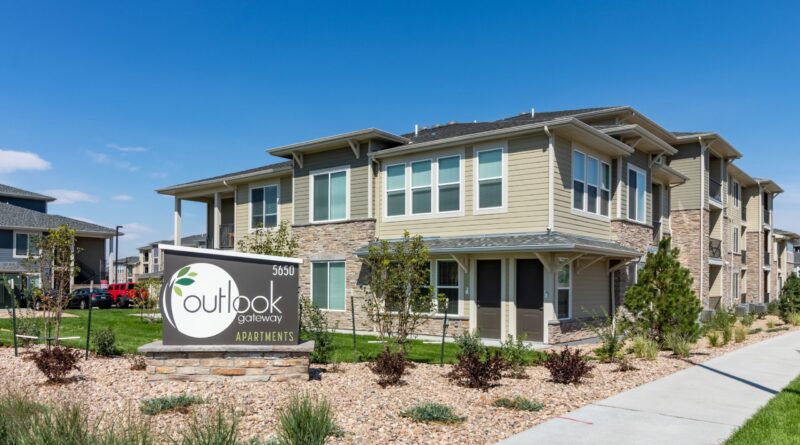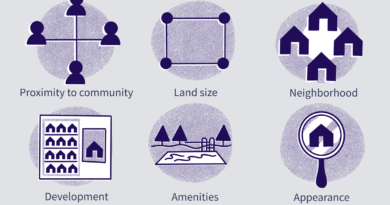Understanding the Process – A Guide for Family Homebuyers
There is a lot to know about the home-buying process. In this article, you will learn about several important things you need to keep in mind when purchasing a house. You will also learn how to determine your needs and wants and the steps to take to get pre-qualified and approved.
Prequalification
Table of Contents
Prequalification is an important part of the home-buying process. It allows you to determine a reasonable price range for your new home. This can help you avoid sticker shock. Real estate agents like the one in TheMLSonline should require prospective buyers to pre-qualify for a loan before showing them homes because doing so demonstrates their capacity to secure financing. However, you should know a few things before applying for a prequalification.
The most important thing to remember is that prequalification does not guarantee that you will be approved for a loan. The lender will have to check your financial documents to determine if you qualify for a mortgage process.
Some lenders may also use your credit report to make the decision. They will then give you an estimate of what you can borrow. Although this is less accurate than the actual number, it’s still helpful to get an idea of what you can afford.
Pre-Approval
If you’re planning on purchasing a home, getting pre-approved for mortgage financing is smart. This process will allow you to narrow your home search and boost your chances of accepting an offer.
When it comes to buying a home, there are many things you need to know. Having a clear financial process picture is the most important. You can start by determining your monthly budget.
There are several ways to get this information. A loan process can help you figure out how much you can afford. Another good idea is to compare lenders and learn about their fee structures.
Pre-approval is a great bargaining tool in a competitive real estate market. It shows a seller you’re a serious buyer and that you can afford the home.
Down Payment
There are many options for a down payment for family homebuyers. Some programs require as little as 3% down, while others require as much as 20%. The amount of down payment you can afford depends on your income, credit score, and other financial conditions.
Local government agencies and private foundations fund many down payment assistance programs. This allows first-time homebuyers to get up to 100% financing on a home without saving a large down payment.
Buying a new home is a big decision, and you must be aware of your options. If you can make a down payment, you can lock in a lower interest rate and save money on your monthly mortgage. A down payment can also help you avoid mortgage insurance.
Closing Costs
Closing costs can be confusing to a first-time home buyer. The best way to prepare is to research your options and shop for the lowest rates. You’ll also need to budget for closing costs, ranging from two to five percent of the loan amount.
Some lenders offer closing costs waivers, so ask your potential lender for details. However, beware that you can lose your eligibility for a loan if you do not pay your closing costs.
Many people are surprised to find out that their closing costs are much higher than they expected. Many different players are involved in the process, and many fees can vary. These include fees for lenders, realtors, inspections, and title services.
Evaluating Housing Needs and Desires
Purchasing a new home is a major commitment and should be done with the right expectations. You want to ensure that you buy something that will meet your needs for years. A little preparation goes a long way in ensuring this. You may opt to hire a real estate agent like TheMLSonline to help you with your home purchasing process.
Choosing the right home is a complex process. There are many factors to consider, and each will play a part in determining the perfect fit. For instance, some buyers prefer a more central location, while others move to a safer neighborhood. However, to ensure you are not settling for the cheapest house on the block, do your homework before you start shopping.
The best way to determine the best home for you is to weigh your needs and desires against your budget. This will help you avoid the common pitfalls that many first-time homeowners make.


